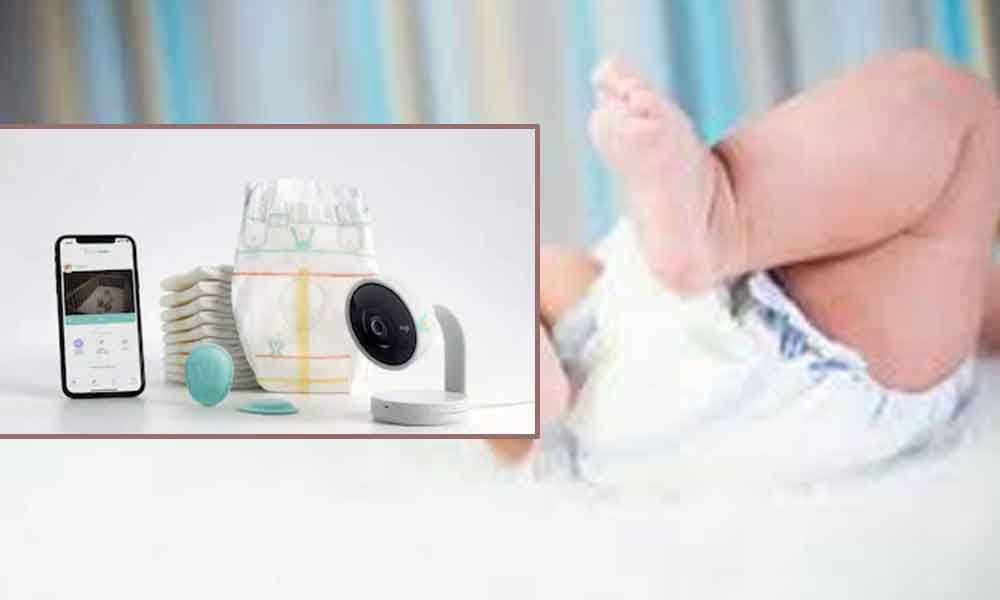Baby's First Smart Diaper: Pampers set a new benchmark

Pampers didn't disclose anything about the cost, but it is launching in the US this fall.
Pampers has taken the wearables to a new level with the jump into trendy, wearable devices with a new "connected care system" called Lumi. It tracks babies' activity through a sensor attached to diapers.
When a diaper is wet, the sensor sends an alert to an app notification. It keeps parents informed on the baby's sleep and wake times along with tracking additional info like dirty diapers and feeding times. A video monitor is included with the system and is integrated into the app. Pampers didn't say how much it will cost, but it is launching in the US this fall.
Pampers, which is part of Procter & Gamble, is a sign of the growth in the "baby tech" industry. The Internet of things has invaded homes, making routines and tasks more efficient. Firms have launched connected bassinets, smart night lights and pacifiers, bottles that track feedings and even apps to replicate the sound of a parent saying, "Shush." Research and the Market report predict by the year 2024, the interactive baby monitor market alone will cross $2.5 billion.
Today's parents are tackling with an ever-expanding crop of privacy concerns triggered by widespread connectivity of devices, from smart diapers to social media.
It's still unclear how data for children's connected devices are used and how secure it is in many cases. When we look at baby monitors and security cameras: There are so many examples of baby monitors being hacked or otherwise compromised. Earlier this year an incident was reported by The Washington Post in which a Nest Cam installed in a child's room began playing pornography.
Lythcott-Haims said that parents should proceed carefully when evaluating data-collecting mechanisms for use on their children, even in the earliest stages of life. Tracking a baby too closely could also quickly morph into helicopter parenting.
"When does tracking every move becomes inappropriate surveillance?" Lythcott-Haims asked. "If we can track their diapers, we can track their Pull-Ups, then we can put trackers on their clothing. Pretty soon we don't have to worry because we'll know everything from before birth to the end of their lives."
The Lumi system encrypts all data and uses "the same standard of security as the financial services industry," told Mandy Treeby, Pampers spokeswoman. Currently, the system does not include two-factor authentication, and something security experts considers key to avoiding unauthorised access to systems.
Treeby further added the system aims to ease stress for new parents, and feedback from those testing the system has so far been positive.
Lumi isn't the first jaunt into high-tech diapers. In the year 2016, Google's parent company Alphabet filed a patent for "a diaper sensor for detecting and differentiating faeces and urine." Last year, Huggies partnered with Korean company Monit to launch a smart diaper sensor in Korea and Japan. Nike's $350 self-lacing shoes, for example, stopped lacing earlier this year because of a software update.















